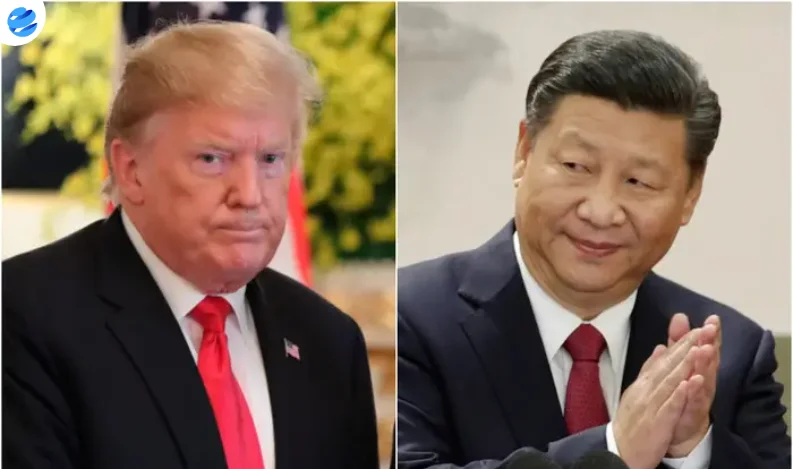Ongoing trade discussions between the United States and China have reached a standstill, prompting calls for direct intervention from the two countries’ presidents, according to U.S. Treasury Secretary Scott Bessent.
Speaking to Fox News on Thursday, Bessent described the current status of talks as “a bit stalled,” suggesting that resolving the growing impasse will require U.S. President Donald Trump and Chinese President Xi Jinping to personally re-engage.
“I believe that we will be having more talks with them in the next few weeks,” Bessent said, indicating that a direct leader-to-leader call could be expected soon.
This development comes after a critical breakthrough earlier this month when both nations agreed in Switzerland on May 12 to suspend recent tariff hikes for 90 days. The temporary truce followed an intense spike in trade tensions in April, with tariffs soaring over 100% on key imports from both sides.
Despite that agreement, tensions have not eased significantly. The U.S. has continued to impose restrictions on technology exports to China, a move that Beijing has publicly criticized. Meanwhile, China has not relaxed its rare earth export controls, which are seen by Washington as a sticking point in negotiations.
“These talks are complex and significant,” Bessent added. “They will ultimately need direction from the top. President Trump and President Xi have a good relationship, and I believe when Trump makes his position clear, the Chinese will respond.”
The last official conversation between the two leaders took place in January, just prior to Trump’s second-term inauguration. Though Trump has recently expressed his willingness to speak with Xi again, Beijing has remained cautious, seeking assurance against unexpected policy shifts from Washington.
China’s Ministry of Commerce confirmed ongoing communication with the U.S. following the Geneva meeting. However, ministry spokesperson He Yongqian reiterated criticism of U.S. tech export controls, urging Washington to reverse what she termed “wrong practices” in order to protect the consensus achieved in Switzerland.
On the matter of rare earth exports, He offered no direct answer, stating only that China’s restrictions are in line with global standards and reflect the country’s commitment to “world peace and regional stability.”
Adding to the diplomatic strain, the Trump administration this week announced a policy to revoke certain visas issued to Chinese students. China’s Foreign Ministry condemned the move, calling it “unjustified” and accusing the U.S. of using ideology and security concerns as a political cover.
With deadlines looming and key issues unresolved, the next few weeks may prove decisive in determining whether the world’s two largest economies can avert another escalation—or whether further confrontation lies ahead.























